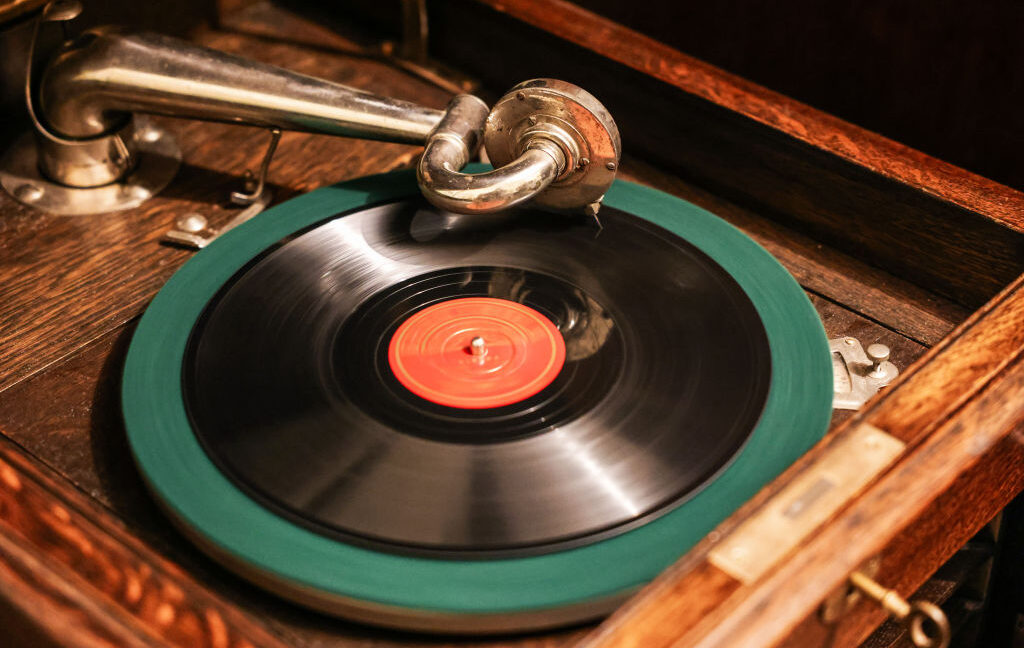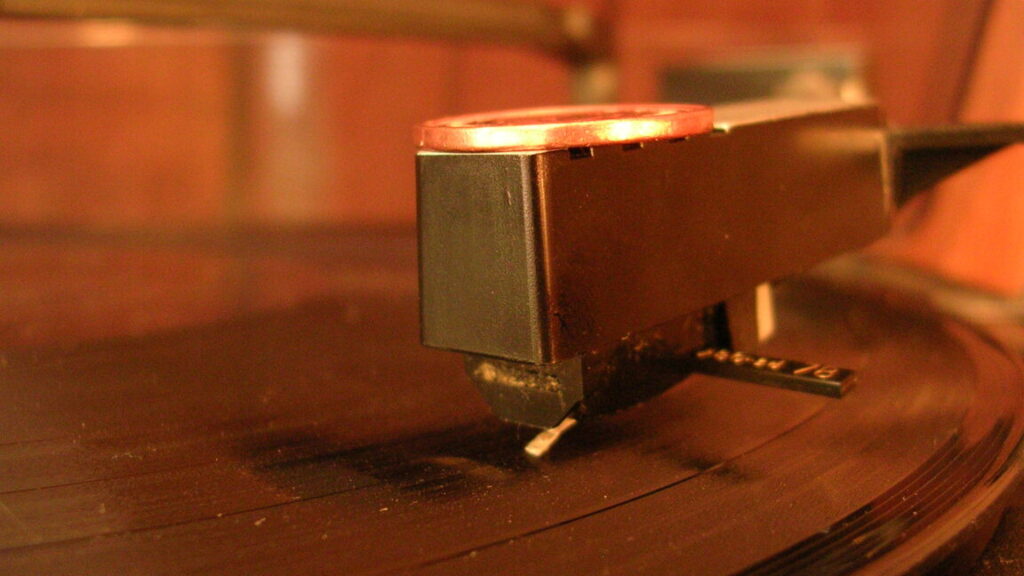Internet Archive’s big battle with music publishers ends in settlement
A settlement has been reached in a lawsuit where music publishers sued the Internet Archive over the Great 78 Project, an effort to preserve early music recordings that only exist on brittle shellac records.
No details of the settlement have so far been released, but a court filing on Monday confirmed that the Internet Archive and UMG Recordings, Capitol Records, Sony Music Entertainment, and other record labels “have settled this matter.” More details may come in the next 45 days, when parties must submit filings to officially dismiss the lawsuit, but it’s unlikely the settlement amount will be publicly disclosed.
Days before the settlement was announced, record labels had indicated that everyone but the Internet Archive and its founder, Brewster Kahle, had agreed to sign a joint settlement, seemingly including the Great 78 Project’s recording engineer George Blood, who was also a target of the litigation. But in the days since, IA has gotten on board, posting a blog confirming that “the parties have reached a confidential resolution of all claims and will have no further public comment on this matter.”
For IA—which strove to digitize 3 million recordings to help historians document recording history—the lawsuit from music publishers could have meant financial ruin. Initially, record labels alleged that damages amounted to $400 million, claiming they lost streams when IA visitors played Great 78 recordings.
But despite IA arguing that there were comparably low downloads and streams on the Great 78 recordings—as well as a music publishing industry vet suggesting that damages were likely no more than $41,000—the labels intensified their attacks in March. In a court filing, the labels added so many more infringing works that the estimated damages increased to $700 million. It seemed like labels were intent on doubling down on a fight that, at least one sound historian suggested, the labels might one day regret.
Internet Archive’s big battle with music publishers ends in settlement Read More »

